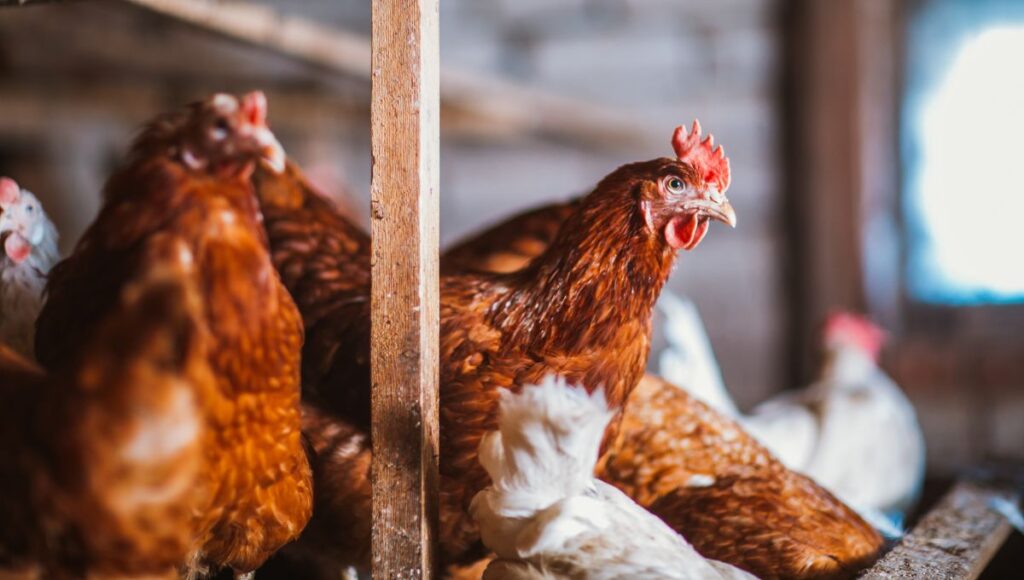
Backyard chicken coops are a popular choice for many households. They provide an eco-friendly way to dispose of table scrapes, and these animals provide fresh eggs or meat. Most chicken care is fairly easy, but taking care of their coops in the winter can prove slightly challenging, especially when it comes to ammonia management. Chicken coops need good ventilation, but it’s hard to provide that in the winter without the chickens getting too cold. Keep reading to get some helpful tips for keeping your chicken coop well-ventilated this winter.
Know Your Variables
No two chicken coops are identical, which means you need to know which variables affect the ventilation in yours. Variables that require your coop to have more ventilation include the number of chickens, heat, humidity, the bedding type, and how frequently you change the bedding. For example, if you have several in one coop that is direct sun and you only change the bedding once a week, you need more ventilation.
Create Adjustable Ventilation
If you live in a climate that experiences hot summers and cold winters, you need a coop with adjustable ventilation. In the summer, you’ll want extra windows and vents so that heat and ammonia can escape safely. In the winter, you’ll want to seal up extra windows and vents to ensure your chickens don’t become too cold. However, you’ll still need some ventilation in place in the winter. Reducing ammonia in poultry houses is important in every season, so you’ll want to devise ways to include adjustable ventilation options in your coop.
Place Ventilation High Up
You need some ventilation in the winter to keep your chickens healthy, no matter the variables involved. Place the ventilation high in your chicken coop, ideally in the ceiling or at the highest point of the wall. This way, the warmest air with the most ammonia can filter out without too much cold air falling on your chickens. Use a pop door or multiple places of high ventilation so that cross-ventilation naturally occurs. Cross-ventilation will help keep fresh air in your coop, which is important for your chicken’s health all year-around.
There are many ways to ensure you have a well-ventilated chicken coop. These tips for keeping your coop fresh and healthy can help make sure that your first winter with your chickens goes smoothly. If you’re unsure about how much ventilation you need, consult with a local professional who can examine your coop and help you make any necessary adjustments.

